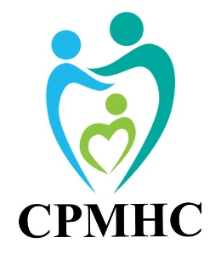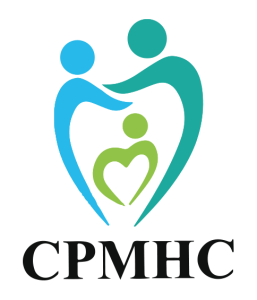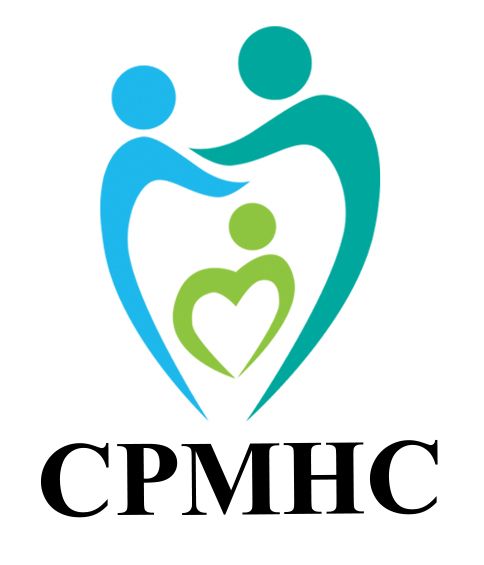
“I was not screened,” Lindsay Gareau of Regina, told us. “The nurse said that they’re not doing screenings officially but that counsellors are available if they feel someone qualifies.”
Saskatchewan is one of the only provinces in Canada that provides perinatal mental health screening for new moms within the first two weeks postpartum, at six weeks, and during the baby’s immunization appointment at eight weeks postpartum.
Gareau, a counsellor that helps women through postpartum depression, was attending her baby’s two month immunization appointment in April when she noticed she wasn’t also being screened for perinatal mental illness.
“At the end of the appointment, I volunteered information that I’ve been keeping an eye on myself because I had postpartum depression with my previous baby and that I was noticing some signs of it again,” Gareau told us. “I thought it would be on my file somewhere that I struggled.”
Even after Gareau brought up her history of perinatal mental illness with the public health nurse, she was sent on her way without any mention of further help.
“She didn’t provide me with a list of resources,” Gareau told us.
A similar scenario played out when Ali Kosloski of Cupar, attended her baby’s two month immunization appointment in April. Kosloski has a history of depression and anxiety, putting her at a higher risk of developing a perinatal mental illness.
“I was never asked directly how I was doing mentally,” Kosloski told us. “I was only asked how things were going and whether I had any concerns in a generalized way. Those questions never felt like that were intended for me, but rather in relation to my son. I feel frustrated and let down.”
Kosloski filed a complaint with the Saskatchewan Health Authority (SHA) and is waiting to hear back. After hearing from moms, the CPMHC reached out to the SHA regarding perinatal mental health screening during COVID-19 and this was their response:
Throughout the province, amendments have been made to mental health and addictions services to provide counselling and services by phone, where possible, in order to limit risk of spreading COVID-19. These decisions are being made on a local level or a case by case basis. In the case of maternal mental health screenings using the Edinburgh Postpartum Depression Screening tool, these are still occurring in our Maternal Visiting Program (early visiting program) as well as Public Health Nursing, where they screen mom again when infant is two months and six months. Referrals are sent to local mental health for support, or to HealthLine 811. The HealthLine 811 mental health clinicians (registered social workers & registered psychiatric nurses) provide service to Maternal Wellness Program clients. This is an outbound call program for women at risk of or suffering from postpartum depression and/or anxiety who are referred to the program by public health nurses across the province. – Saskatchewan Health Authority response to CPMHC
The SHA told us that perinatal mental health screenings should still be taking place during the pandemic but according to the moms we spoke with, the screenings aren’t happening.
One mom we heard from who doesn’t want her name used, said she wasn’t screened at six weeks postpartum even though she struggled with depression after her previous child was born.
“Right now I’m really having issues not having the hands on support from family and friends,” the mom told us. “I was frustrated that I was sort of deemed not important, like my health doesn’t matter.”
Sara Beckel is also hearing from moms that aren’t receiving screening. Beckel is a doula and the owner of Lilium Health in Saskatchewan, an organization that focuses on the treatment and prevention of perinatal mood and anxiety disorders.
“I first found out about moms not being screened for perinatal mental illness through a second-time mom who reached out to share the fact that she wasn’t screened,” Beckel told us. “Not only was she not screened, but they didn’t even ask her how she was feeling. She was understandably upset because she had struggled before and that check point during immunization was crucial because if it wasn’t addressed then, it’s much harder for moms to reach out on their own.”
Since then, Beckel has been checking in with moms in her community and says the conversations have been consistent.
“Moms are frustrated that this isn’t being done,” Beckel said. “It’s like they don’t even matter and once again the age old saying of ‘all that matters is a healthy baby’ is slapped in their face. It’s unfair. We’ve come too far. And for Saskatchewan, which I’m so proud of in terms of the leadership they’ve shown in maternal mental health, I’m shocked and saddened that eliminating the EPDS screen was even an option. How was it an option? Why wasn’t the conversation all about getting creative in fitting the screen in under the new social distancing guidelines? Why wasn’t it done over the phone when they do the COVID-19 screen? Why wasn’t it a top priority?”
Beckel feels not screening new moms, especially during the pandemic, is alarming.
“Failing to screen mothers, let alone failing to screen mothers during a global pandemic is extremely dangerous and honestly a disservice to the entire community,” Beckel said. “When symptoms of postpartum anxiety are deeply rooted in fear, worst case scenarios, fears around the health of the baby and germs on a normal day, new mothers are now dealing with a deadly virus which can amplify these intrusive thoughts and feelings significantly, not to mention the isolation in and of itself will greatly increase the onset of a perinatal mood and anxiety disorder and women will ultimately suffer the most as a result.”
Beckel believes that now more than ever, perinatal mental health screening is needed.
“These are times that we should double down on screens, put mental health at the top of the priority list (second to social distancing of course) but never should it be eliminated from the care that’s provided,” Beckel said. “Mothers deserve more. Now more than ever we need to speak up, share our stories, call out the mistakes that put women and mothers at a disadvantage and continue to advocate because if not us, the survivors of this illness, then who will?”
During the month of April leading up to May 6th, World Maternal Mental Health Day, the CPMHC is running its #NowMoreThanEver campaign to bring awareness to the need for a national perinatal mental health strategy in Canada.



